Each component in a home has an important role in enhancing the quality of life for an individual. It is thus important to ensure that a home is maintained regularly, not only for aesthetics but also for safety. As the saying goes, ‘prevention is better than cure.’ It is better to endure the work of regular checks than to meet the expensive costs of repairs and restoration. Regular maintenance should be done comprehensively, from electrical to plumbing, structural and general maintenance. This guide gives tips and considerations to take in ensuring that your home remains in good condition.
Electrical maintenance
It is important to carry out electrical maintenance regularly. This will enhance the smooth running of electrical devices and appliances, thus enhancing efficiency and home safety. However, electrical maintenance can be risky at times. Some tasks are DIY, but it may be wise to involve a residential electrical repairs expert when not sure of anything.
The most basic task is visual inspection. You should check the entire electrical system for any visible issues. These include exposed wires, damaged outlets, worn-out cables, etc. Homeowners should also assess all outlets and switches to ensure that they are functioning as they should. Any components or fittings that display signs of damage should be repaired immediately.
One should check all visible wires in the house for damages. Naked wires pose a safety hazard to the occupants of the house and, thus, should be repaired immediately. It is also important to inspect the electrical components of the appliances in the home. Routine tasks such as cleaning filters and coils should be performed to ensure optimal efficiency.
Plumbing maintenance
Plumbing maintenance involves looking at any apparatus used to convey fluids, such as pipes, tanks, and valves. An efficient plumbing system enables one to have clean and fresh water and flush out home waste well. Routine maintenance is thus vital to avoid the inconvenience of huge messes and, consequently, large bills.
Maintaining your home’s plumbing system means checking for small leaks periodically. One should inspect all faucets, pipes, and plumbing fixtures for possible leaks. It is also wise to test and adjust water pressure as needed. Low pressure could indicate a clog, while high pressure can strain pipes.
Water heating systems should also be inspected. This can be done by draining and flushing the water heater to remove any sediments present. One should also check for signs of corrosion or leaks, especially if the system handles hard water. Finally, one should regularly unclog drains in sinks, showers, and tubs. This can be done by natural or chemical methods in order to prevent blockages.
Structural maintenance
As time goes by, buildings will show signs of degeneration and structural faults. Structural works involve the foundation, frame, roof, doors, and windows. When any sign of damage is noted, it is important to repair them as soon as possible to prevent further damage and avoid costly repair work. Structural faults may occur due to reasons such as mechanical disturbance, ground movement, failed building materials, or even poor design of the house.
A homeowner ought to begin by inspecting the roof for damage or missing shingles. This is by checking for leaks in the attic after heavy rain. A fault in the roof can also be shown by bulging or bowing ceiling boards. After checking the roof, it is also important to clean gutters and downspouts to prevent clogs. This is to remove debris such as leaves to proper drainage way for rainwater away from the foundation.
It is also important to check the foundation for cracks or signs of settling. Signs of a troubled foundation are such as doors out of frame, uneven floors, too many tile cracks, or even nails popping out of drying walls. Any issues with the foundation should be addressed promptly. You can also check for drafts in windows and doors. To enhance energy efficiency, a homeowner should replace weather-stripping and seal any gaps. This will ensure comfort in the home living space and conserve energy.
General maintenance
The following steps can also complement the three components already discussed.
- It would be best if you replaced air filters regularly to ensure optimal performance of the heating, ventilation, and air conditioning system. One can also schedule regular inspections of the heating and cooling components. This will make their lifespan long.
- Test the smoke detectors and carbon monoxide alarms to ensure they are in working condition. This will help in early detection of potential hazards.
- Periodically inspect your home for pests. It would help if you also sealed cracks and any openings present to prevent infestations.
- Exterior painting should be checked for any peeling or damage. Repaint or repair when necessary to maintain the aesthetic appeal of the house.
By following this home maintenance guide, homeowners can proactively address issues of concern in their homes. This ensures the longevity of the property and provides a comfortable living space for all.

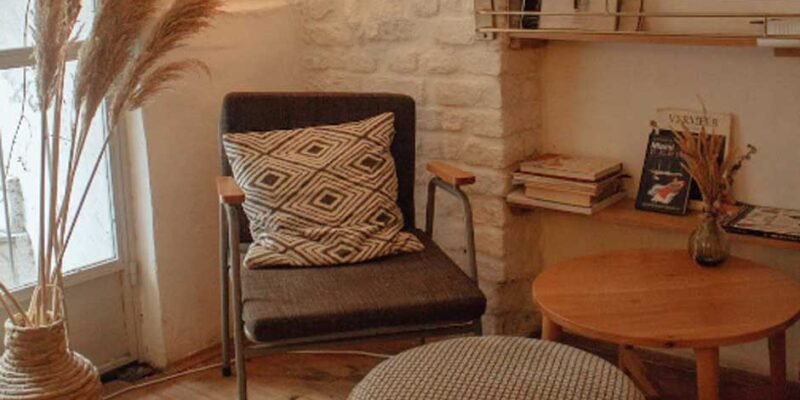
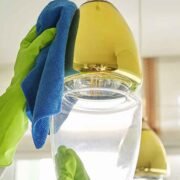
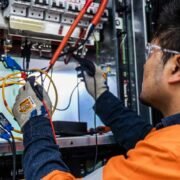

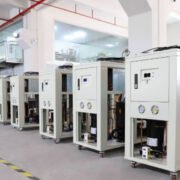
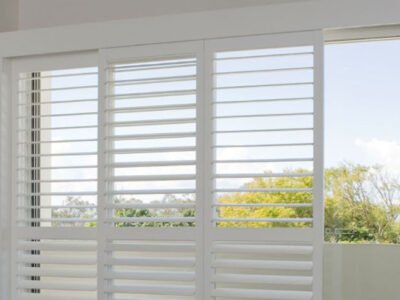
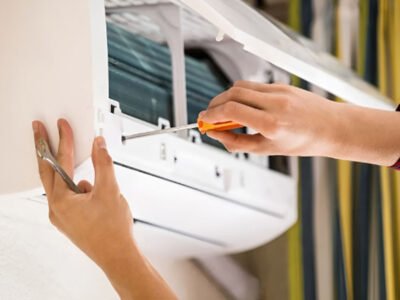
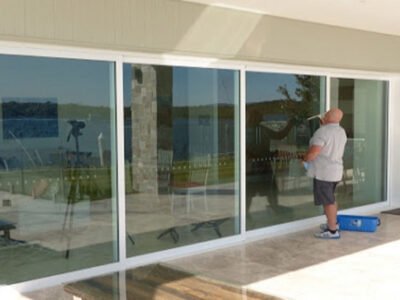
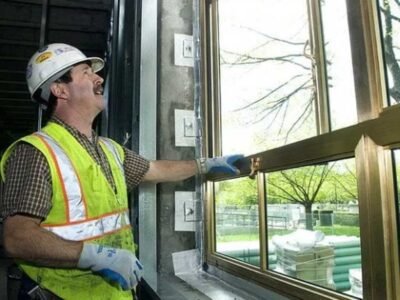




Comments